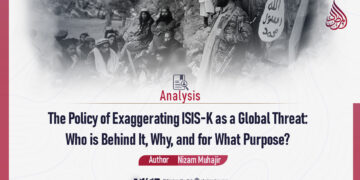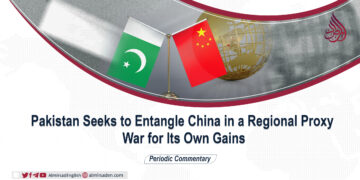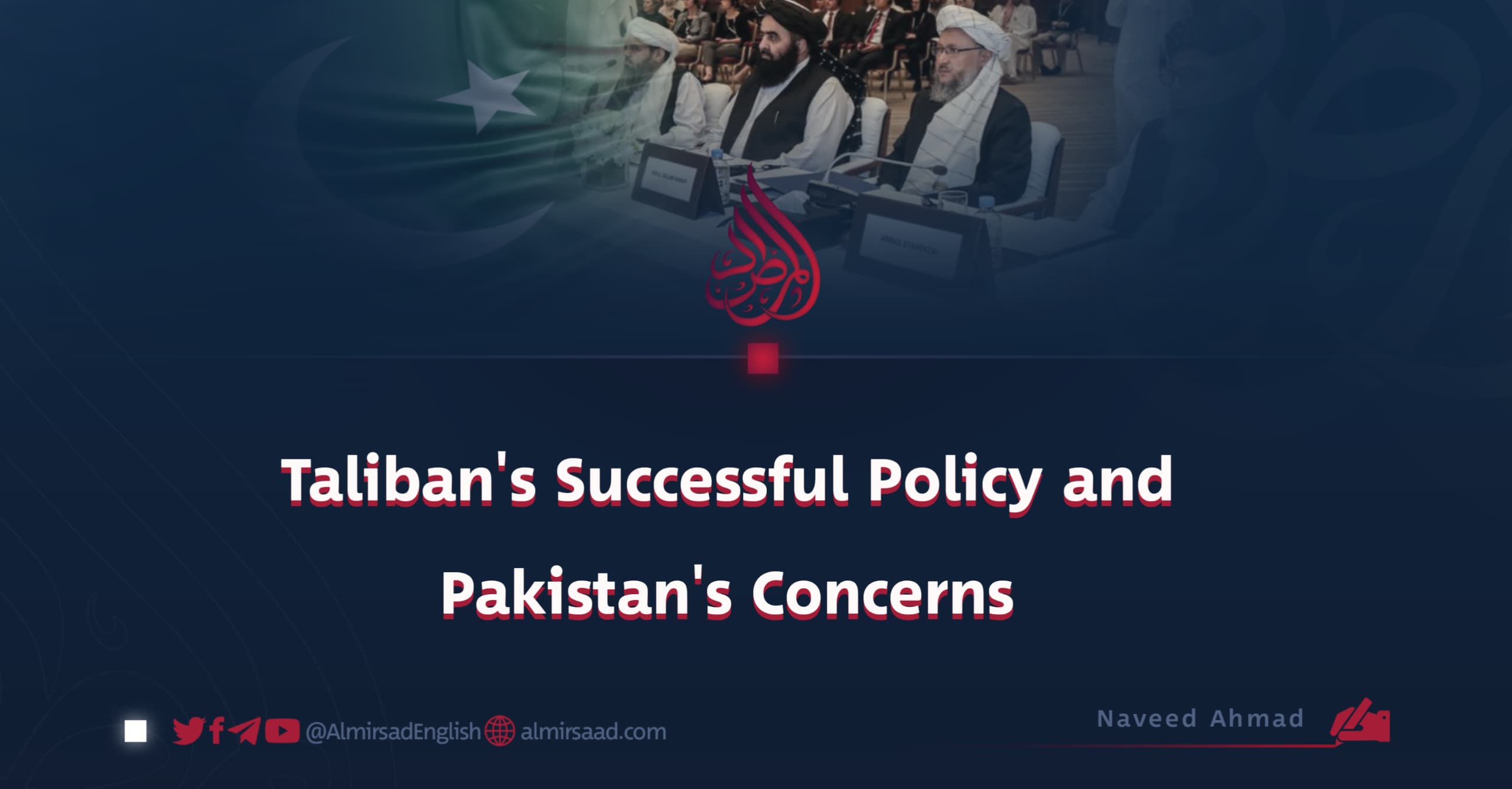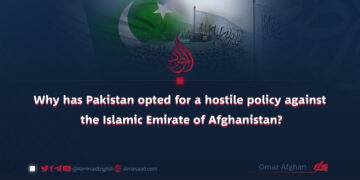Naveed Ahmad
Due to the effective foreign policy of the Islamic Emirate of Afghanistan (IEA), Pakistan has found itself in a situation where it is causing harm to both itself and others.
Since the Afghan government adopted a clear policy towards Pakistan, outlining its goals with logic and reasoning, Pakistan’s credibility and standing have diminished.
Now, when Pakistan is mentioned internationally, it evokes feelings of fear, terror, horror, explosions, and other unfavorable circumstances among individuals.
It is widely acknowledged that Pakistan harbors extremist groups and serves as a breeding ground for terrorism. The presence of ISIS-Khawarij sanctuaries and training centers within Pakistan is now widely recognized. It is evident that Pakistan utilizes terrorism as a tool of foreign policy and coercion.
Despite receiving significant support and privileges from the world over the past two decades in the context of counterterrorism efforts, Pakistan has deceived the global community through deceit and subterfuge.
Pakistan not only faces international distrust and pressure but also significant isolation. Without changing its stance, Pakistan risks prolonged isolation. The repercussions of its actions are being felt increasingly.
Pakistan attributes its current challenges, international pressure, and isolation solely to the Afghan Islamic government. In response, it actively opposes Afghanistan without hesitation.
Pakistan engages in supplying weapons, planning attacks and operations, mobilizing individuals, and fostering ties with ISIS. These actions are aimed at provoking the Afghan people and government to retaliate and provide a pretext for further hostilities.
However, the Afghan government and people are responding with caution and strategic foresight, acting in the best interests of their nation.
Afghan officials are now safeguarding their hard-earned achievements with vigilance, displaying a newfound resilience and rationality.
The Afghan government has extended several reasoned proposals to Pakistan for dialogue and conflict resolution. These proposals are so compelling that the Pakistani side lacks the audacity to openly dismiss them, or endorse them wholeheartedly.
Pakistan’s primary objective is to embroil the Afghan government in strife, thereafter convincing the world to intervene, and subsequently withdrawing from the conflict, leaving the Afghan government engulfed in turmoil.
Note: The above article reflects the author’s personal opinion.



















































